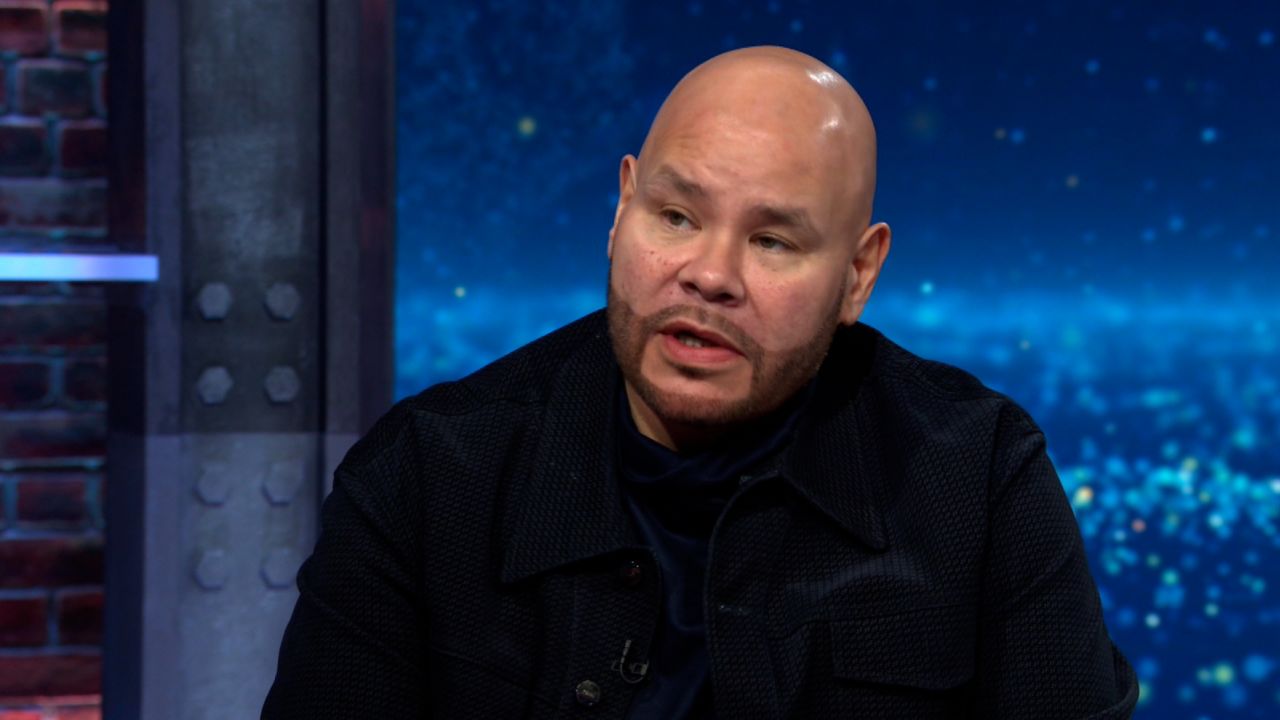Most Americans have run into trouble using their health insurance in the past year, but the majority still like their coverage, a new report has found.
Some 58% of insured adults have had at least one problem in the past year, according to a survey from KFF, formerly the Kaiser Family Foundation, released on Thursday. Among those needing more care or receiving mental health services, about three-quarters had at least one issue.
The problems – which include insurers denying care, providers not being covered or policies paying less than expected – cut across different types of health insurance. KFF surveyed those with coverage from their employer, Medicare, Medicaid and the Affordable Care Act marketplace.
Still, 81% of insured adults said their health coverage was excellent or good. Medicare enrollees thought the mostly highly of their coverage, with 91% giving it positive ratings. By contrast, 73% of those with Obamacare plans gave their insurance positive ratings.
Sicker adults, however, did not view their coverage as favorably. Just over two-thirds of those in fair or poor health gave their insurance positive ratings.
While much of the discussion about health insurance focuses on its cost, the report showed that half of folks don’t fully understand the coverage they have.
“The survey finds that the complexity of health insurance and lack of understanding is a problem that rivals affordability of coverage, especially for those who are sicker and for those who have behavioral health challenges,” said Kaye Pestaina, co-director of KFF’s Program on Patient and Consumer Protections.
The stakes can be high, she said. Those who need care may face unnecessary delays or denials of service, while others may wind up saddled with bills that should have been paid.
“How does this coverage really work for people?” Pestaina said.
Feeling stuck
Nikole Coester, a Chattanooga, Tennessee, resident who participated in the survey, has run into multiple issues with her Medicaid coverage, known as TennCare.
She has battled with TennCare over bills, which at times has required her to make multiple phone calls and appeal decisions. One instance that involved seeing an orthopedist for an injury took six months to resolve in her favor.
What’s more, Coester finds that many doctors don’t accept TennCare – a common complaint among those with Medicaid and marketplace coverage, the survey found. She has had trouble getting appointments and care from another specialist since there is only one in the area that takes her insurance.
“I’m just stuck here with no doctors,” said Coester, 33, who works full time in the medical industry but can’t afford her employer’s coverage. “If I had a commercial plan, I’d get better treatment.”
Differing issues
The coverage complaints vary somewhat by type of insurance, the survey found. Some 35% of those with employer plans and 28% of those with Obamacare coverage said that their insurance paid less than they expected.
A third of those with Medicaid said a doctor covered by their plan did not have available appointments, while 27% of Medicare beneficiaries reported that their insurance did not cover a prescribed drug or required a very high copay.
About half of insured adults said they had some trouble understanding at least one aspect of their policies, such as what is covered, what they will owe out of pocket or what their explanation of benefits statement means.
Roughly a quarter said they have difficulty understanding terms such as deductible and copay and figuring out which providers are in network.
Among those who reported a problem, half said they were able to resolve it satisfactorily, but 28% said they didn’t like the outcome and 19% said it remains an issue. Some 60% of adults don’t know they have the legal right to appeal.
And affordability remains a concern, which led some to skip or delay care in the past year. Some 55% of those with Obamacare plans and 46% with employer coverage gave their insurance negative scores when it comes to premiums, compared with 27% of Medicare beneficiaries and 10% of Medicaid enrollees.
More problems for those with mental health challenges
Those who rate their mental health as fair or poor reported having more hurdles getting care.
Some 45% described the availability of mental health therapists and providers as fair or poor, while 37% gave that rating to the quality of those providers.
Many said they did not get the mental health care they needed in the past year – a situation for 43% of all those rating their own mental health as fair or poor and 55% for those under age 30.

